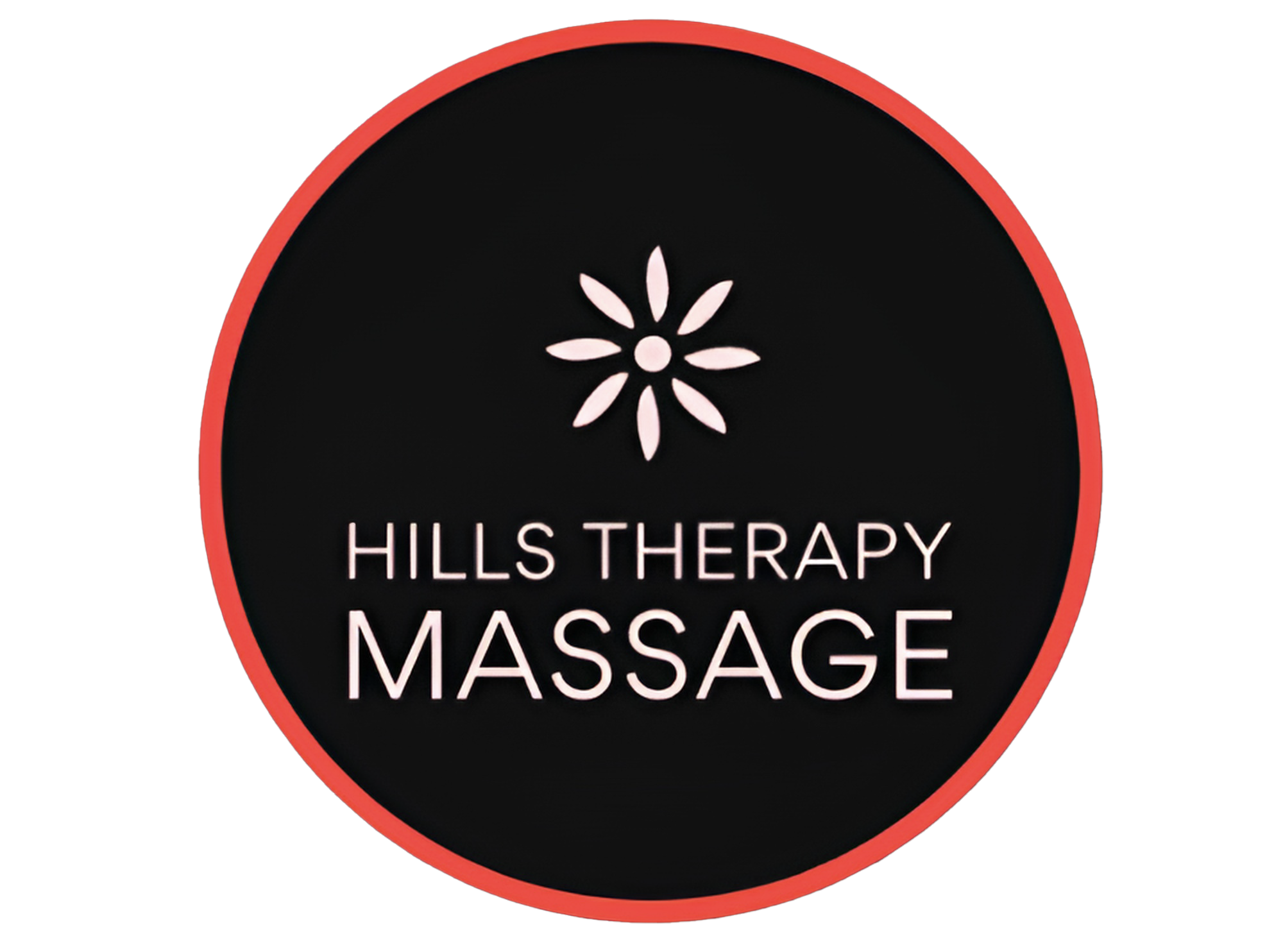In the hustle and bustle of today’s fast-paced world, aching muscles, stress, and tension have become all too familiar companions.
In this fast-paced world, where demands often outweigh the time available for self-care, many individuals find themselves grappling with the consequences of stress and tension. However, amidst this chaos, there exists a therapeutic oasis: regular massage therapy. Whether it’s a soothing Chinese Traditional massage, an invigorating deep tissue massage, or a targeted muscle massage, the benefits extend far beyond mere relaxation. In the following discourse, we delve into the multifaceted advantages that regular massage therapy offers for both the body and the mind, ultimately nurturing holistic well-being.
- Massage Therapist in Pennant Hills
- Massage Therapist in Castle Hills
- Massage Therapist in Thornleigh
Understanding Massage Therapy
Massage therapy, an ancient healing art dating back thousands of years, encompasses a range of techniques designed to manipulate the body’s soft tissues to promote health and well-being. Originating from diverse cultural traditions across the globe, including China, Egypt, India, and Greece, massage therapy has evolved into a respected practice embraced worldwide. At its core, massage therapy involves the skilled application of pressure, kneading, rubbing, or manipulation to address physical discomfort, alleviate muscle tension, improve circulation, and promote relaxation. Across history, various civilizations have recognized the therapeutic benefits of touch, establishing massage as a cornerstone of holistic health care.
Different massage techniques commonly used in therapy
Traditional Chinese Massages: Rooted in ancient Chinese medicine, traditional Chinese massages, such as Tui Na and acupressure, focus on balancing the body’s energy flow, known as Qi, through the manipulation of specific meridian points. Tui Na involves kneading, pressing, and stretching techniques to alleviate muscle tension, improve circulation, and promote overall well-being. Acupressure targets specific points along the body’s meridians, applying pressure to stimulate energy flow and address various health concerns.
Cupping Therapy: Originating from traditional Chinese medicine, cupping involves placing cups on the skin to create suction. This technique helps to mobilise blood flow, release fascia, and alleviate muscle tension. Cupping therapy is commonly used to relieve pain, promote relaxation, and improve circulation. The suction created by the cups draws toxins and impurities to the surface of the skin, facilitating their elimination from the body.
Thai Massage: Thai massage, also known as Thai yoga massage, combines acupressure, yoga-like stretching, and deep tissue massage techniques. Practised fully clothed on a mat, Thai massage focuses on improving flexibility, releasing tension, and restoring energy flow. Therapists use their hands, elbows, knees, and feet to apply pressure and perform assisted stretching movements, promoting relaxation and alignment of the body’s energy pathways.
Deep Tissue Massage: Deep tissue massage targets the deeper layers of muscle and connective tissue to release chronic tension and alleviate pain. Using firm pressure and slow strokes, therapists penetrate beyond the superficial muscles to address adhesions and knots. Deep tissue massage is effective for relieving chronic pain, improving mobility, and promoting postural alignment.
Relaxing Massage (Swedish Massage): Swedish massage, known for its gentle, flowing strokes, aims to induce relaxation, reduce stress, and improve circulation. Therapists use techniques such as effleurage (long, gliding strokes), petrissage (kneading), and tapotement (rhythmic tapping) to soothe the body and calm the mind. Swedish massage is ideal for those seeking relaxation and relief from everyday tension.
Physical Benefits of Regular Massage Therapy
Relieving Muscle Tension
Massage therapy is highly effective in relieving muscle tension by targeting areas of tightness and stiffness throughout the body. Through the application of various techniques such as kneading, stroking, and stretching, massage therapists can help to release muscle knots, adhesions, and trigger points. This process promotes relaxation of the muscles, allowing them to loosen and regain flexibility. Additionally, massage therapy increases blood flow to the muscles, delivering essential nutrients and oxygen while flushing out toxins and metabolic waste products that contribute to muscle tension. By releasing muscle tension, massage therapy not only provides immediate relief but also helps to prevent future discomfort and injuries.
Improving Circulation
Massage therapy promotes improved circulation by enhancing the flow of blood and lymph throughout the body. The manipulation of soft tissues during massage stimulates the dilation of blood vessels, allowing for increased blood flow to areas of the body that may be experiencing poor circulation. This heightened circulation delivers oxygen and nutrients to cells more efficiently, promoting tissue repair and regeneration. Furthermore, massage therapy aids in the removal of metabolic waste products from tissues, such as lactic acid and carbon dioxide, which can accumulate and contribute to muscle soreness and fatigue. By optimising circulation, massage therapy supports overall cardiovascular health and enhances the body’s natural healing processes.
Pain Management
Massage therapy plays a crucial role in pain management by reducing discomfort associated with chronic conditions such as back pain, headaches, and musculoskeletal disorders. Through the release of endorphins, the body’s natural pain-relieving hormones, massage therapy helps to alleviate pain and promote feelings of relaxation and well-being. Additionally, massage techniques such as deep tissue massage and trigger point therapy target specific areas of pain and tension, providing targeted relief. Regular massage therapy sessions can help to improve range of motion, reduce inflammation, and enhance overall mobility, leading to long-term pain relief and improved quality of life for individuals suffering from chronic pain conditions.
Mental and Emotional Benefits of Regular Massage Therapy
Stress Reduction
Massage therapy is renowned for its ability to reduce stress levels and promote relaxation. Through the application of gentle pressure and soothing strokes, massage therapists help to calm the nervous system, leading to a decrease in the production of stress hormones such as cortisol and adrenaline. Additionally, massage therapy stimulates the release of endorphins, the body’s natural mood-enhancing chemicals, which promote feelings of well-being and relaxation. By alleviating physical tension and fostering a sense of tranquillity, massage therapy provides a sanctuary from the stresses of daily life, allowing individuals to unwind and recharge both mentally and emotionally.
Mental Well-being
Massage therapy has profound effects on mental well-being, offering relief from symptoms of anxiety, depression, and other mood disorders. The therapeutic touch of massage promotes the release of neurotransmitters such as serotonin and dopamine, which are associated with feelings of happiness and relaxation. Regular massage therapy sessions can help to reduce anxiety levels, improve mood, and enhance overall emotional resilience. Furthermore, the meditative quality of massage allows individuals to disconnect from intrusive thoughts and distractions, fostering a sense of mindfulness and inner peace. By nurturing mental well-being, massage therapy empowers individuals to cultivate a positive outlook and navigate life’s challenges with greater ease and clarity.
Sleep Improvement
Massage therapy plays a vital role in promoting restful sleep by inducing a state of deep relaxation and reducing insomnia symptoms. The calming effects of massage help to regulate the body’s circadian rhythms and promote the production of melatonin, the hormone responsible for regulating sleep-wake cycles. Additionally, massage therapy relieves muscle tension and discomfort, allowing individuals to drift into a deeper and more restorative sleep. Regular massage sessions can help to alleviate sleep disorders such as insomnia and sleep apnea, leading to improved sleep quality and duration. By facilitating better sleep patterns, massage therapy supports overall mental and emotional well-being, enabling individuals to wake up feeling refreshed, rejuvenated, and ready to face the day ahead.
Conclusion
Regular massage therapy offers a holistic approach to wellness, addressing both the physical and mental aspects of health. Through its diverse array of techniques, massage therapy provides numerous benefits, including the relief of muscle tension, improvement of circulation, reduction of stress, enhancement of mood, and promotion of better sleep quality.
Choose Hills Therapy Massage for unparalleled relaxation and rejuvenation. Experience top-notch service and expert care tailored to your needs. Elevate your well-being with our exceptional massage therapy sessions.

